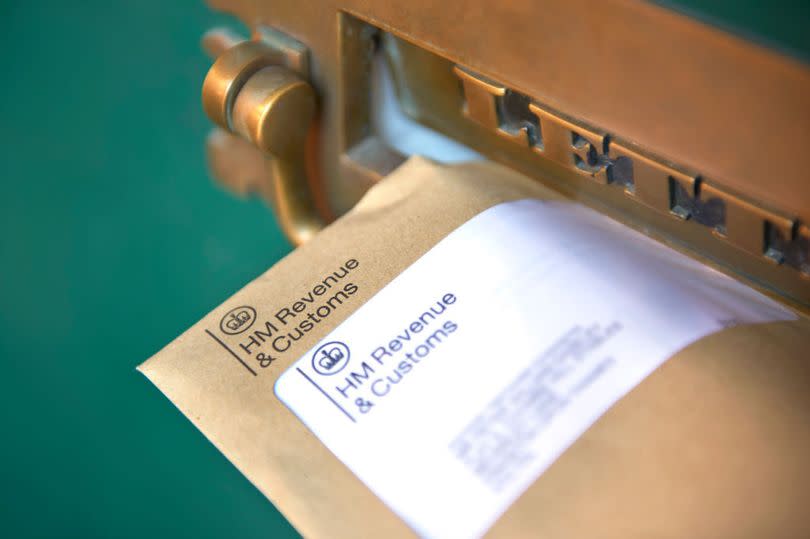HMRC brown letter arriving on your doormat could cost you £783 - or even more

Brits are being warned about a brown envelope from HMRC that could land on their doormats this week, potentially costing them £783 or more.
These letters from His Majesty's Revenue and Customs typically arrive in May, as the department calculates who has underpaid or overpaid tax for the previous year. The average sum demanded from those owing money is £783, but some may find themselves facing a much larger bill.
Experts are advising people to have their P60s ready. This document from your employer details how much tax you've paid from your salary and what it's been spent on.
Cross-referencing this with the HMRC letter can help identify any discrepancies in your earnings, which if not addressed, could lead to a hefty fine. If HMRC determines that you haven't paid enough tax, perhaps due to changing jobs or not declaring additional income such as side hustles or savings interest, they could demand a repayment. According to a survey by Canada Life, the average underpayment of tax for those who owe money is £783, reports the Mirror.
It's crucial to check that your tax code matches your P60 and declare any missed earnings. Failure to do so could result in late repayment fines or even imprisonment. If the amount is too hefty to pay in one go, Brits have the option to stagger it through a repayment plan. Gillian Wrigley, from LV, stated that while "everyone dreads" the brown envelopes, they can also bring good news.
"If you don't have the money to hand, explain that and they should devise a doable payment plan," Gillian advised. "It might seem hard to believe, but HMRC is staffed by humans, and if there IS a problem and you contact them straightaway, they will usually be helpful."
It's also wise to verify if the letter is authentic. There are numerous scams that exploit HMRC's name, particularly at this time of year, so if unsure, contact them directly through the number on the government website - avoid using any contact details on the letter for certainty.
HMRC is highly unlikely to text you, so again, if you've received an SMS with HMRC information, call them instead of clicking links in the text.

 Yahoo News
Yahoo News 
